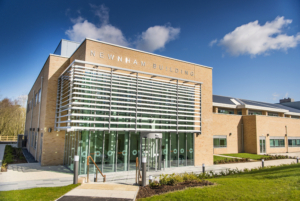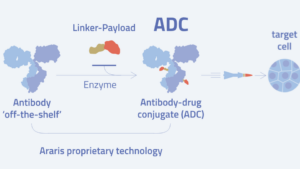
European Parliament greenlights Horizon Europe priorities
As a first result of the trilogue on the €100m+ Horizon Europe programme, MEPs backed the backbone of the EU's future research and innovation programme.
With a broad majority (590 yes to 42 no with 25 abstentions, the European Parliament voted to implement the EU’s innovation programme Horizon Europe, which will replace the EU’s current Horizon 2020 framework from 2021. The partial agreement confirms much of the programme, but not its budget or the involvement of non-EU countries, which will be tackled in October. Christian Ehler, the EP’s chief negiotiator on Horizon Europe, last year proposed to expand the programme’s budget to €120bn. However, according to statements of Reseach Commissioner Carlos Moedas, it will be challenging enough to defend the approximately €100bn proposed by the Commission against the member states. Once the Council has agreed on the size of the overall budget, the next European Parliament – to be elected at the end of May – will negotiate on the outstanding issues with member states.
The partial agreements now backed by the European Parliament include the programme structure, which consists of three complementary pillars defining the the broad lines of research activities under the programme running from 2021 to 2027: excellent science; global challenges and European industrial competitiveness; and innovative Europe."This is a good day for Europe", said Christian Ehler, the EP’s chief negotiator on Horizon Europe’s specific programmes. "More than half (55%) of the new Horizon Europe budget will be devoted to promoting excellence collaborative projects involving universities, research institutes and industry to address the most urgent challenges", he added.
The Parliament, which criticised some of the missions within the gobal challenges pillar now backed the cluster structure proposed by the Commission including a cluster ‘Health’, a cluster ‘Culture, Creativity and Inclusive Society’, a cluster ‘Civil Security for Society’, a cluster ‘Digital, Industry and Space’, a cluster ‘Climate, Energy and Mobility’, and a cluster ‘ Food, Bioeconomy, Natural Resources, Agriculture and Environment’ along with eight partnerships. Futhermore, the Parliament backed the Commission’s plan to create a European Innovation Council (EIC) under the innovation pillar, and work programmes implementing the specific programme.
The deal agreed in trilogue included a requirement that at least 35% of Horizon Europe’s funding will go to climate-related research.
The EP backed a Digital Europe Programme, into which MEPs want to put €8.2bn in five key digital sectors: high performance computing, artificial intelligence, cybersecurity and trust, advanced digital skills, and ensuring the wide use and deployment of digital technologies across the society to strengthen European industrial technological leadership. At the end of March, the trilogue greenlighted broader support to SMEs, including start-ups, compared to the Commission’s proposal, with at least 70% of the budget of the newly created European Innovation Council to be dedicated to SMEs and the possibility to support them through grants only, in line with the position of the European Parliament.



 Microbiotica
Microbiotica Araris Biotech AG
Araris Biotech AG